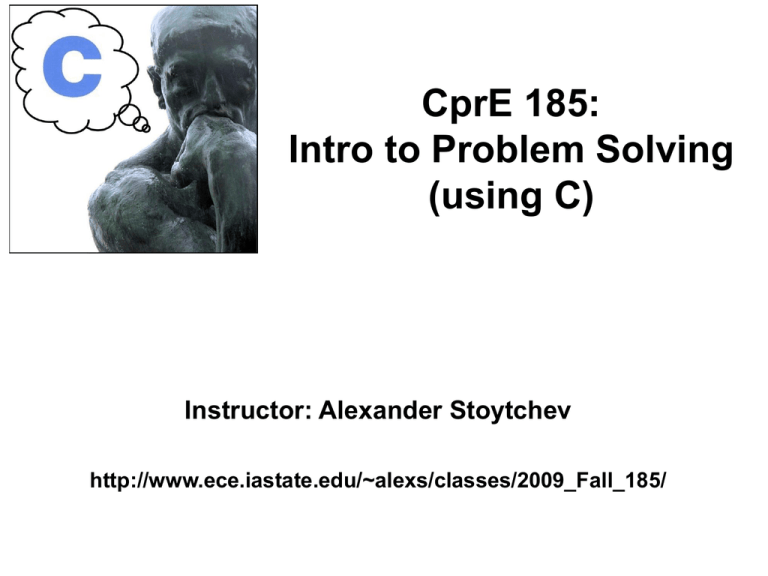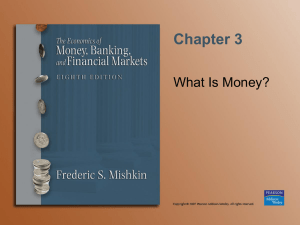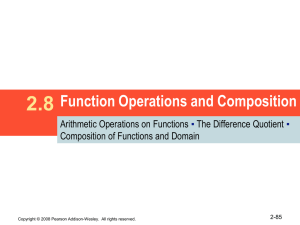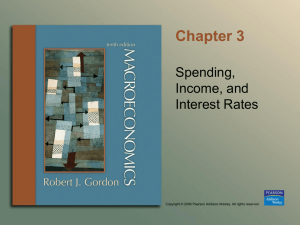
CprE 185:
Intro to Problem Solving
(using C)
Instructor: Alexander Stoytchev
http://www.ece.iastate.edu/~alexs/classes/2009_Fall_185/
Administrative Stuff
• Midterm 1 is now graded
• Check your grade on WebCT
• HW4 is out.
• It’s due next Wednesday – Oct 7 @ 8pm.
if-else statements
CprE 185: Intro to Problem Solving
Iowa State University, Ames, IA
Copyright © Alexander Stoytchev
Quick review of the last lecture
printf() arguments
• %[flags][width][.precision][length]specifier
• http://www.cplusplus.com/reference/clibrary/cstdio/printf.html
[Figure 3.20 from the textbook]
[Figure 3.19 from the textbook]
[Figure 3.22 from the textbook]
[Figure 3.24 from the textbook]
Data Areas After Call scale(num_1, num_2);
[Figure 3.25 from the textbook]
Chapter 4
Flow of Control
• Unless specified otherwise, the order of statement
execution through a function is linear: one
statement after another in sequence
• Some programming statements allow us to:
decide whether or not to execute a particular statement
execute a statement over and over, repetitively
• These decisions are based on boolean expressions
(or conditions) that evaluate to true or false
• The order of statement execution is called the flow
of control
© 2004 Pearson Addison-Wesley. All rights reserved
Control Flow
main()
myFunction()
myFunction();
© 2004 Pearson Addison-Wesley. All rights reserved
Control Flow
main()
doIt()
doIt();
helpMe();
helpMe()
© 2004 Pearson Addison-Wesley. All rights reserved
Conditional Statements
• A conditional statement lets us choose which
statement will be executed next
• Therefore they are sometimes called selection
statements
• Conditional statements give us the power to
make basic decisions
• The C conditional statements are the:
if statement
if-else statement
switch statement
© 2004 Pearson Addison-Wesley. All rights reserved
The if Statement
• The if statement has the following syntax:
if is a C
reserved word
The condition must be a
boolean expression. It must
evaluate to either true or false.
if ( condition )
statement;
If the condition is true, the statement is executed.
If it is false, the statement is skipped.
© 2004 Pearson Addison-Wesley. All rights reserved
Logic of an if statement
condition
evaluated
true
false
statement
© 2004 Pearson Addison-Wesley. All rights reserved
Relational Operators
• A condition often uses one of C's equality
operators or relational operators
==
!=
<
>
<=
>=
equal to
not equal to
less than
greater than
less than or equal to
greater than or equal to
• Note the difference between the equality operator
(==) and the assignment operator (=)
© 2004 Pearson Addison-Wesley. All rights reserved
The if Statement
• An example of an if statement:
if (sum > MAX)
delta = sum - MAX;
printf ("The sum is %d\n“, sum);
• First the condition is evaluated -- the value of sum
is either greater than the value of MAX, or it is not
• If the condition is true, the assignment statement
is executed -- if it isn’t, it is skipped.
• Either way, the call to printf is executed next
© 2004 Pearson Addison-Wesley. All rights reserved
Example: Age.c
• Write a C program that asks for your age and
checks if you are older than 21 years.
Indentation
• The statement controlled by the if statement is
indented to indicate that relationship
• The use of a consistent indentation style makes a
program easier to read and understand
• Although it makes no difference to the compiler,
proper indentation is crucial
"Always code as if the person who ends up
maintaining your code will be a violent
psychopath who knows where you live."
-- Martin Golding
© 2004 Pearson Addison-Wesley. All rights reserved
The if Statement
• What do the following statements do?
if (top >= MAXIMUM)
top = 0;
Sets top to zero if the current value of top is greater
than or equal to the value of MAXIMUM
if (total != stock + warehouse)
inventoryError = true;
Sets a flag to true if the value of total is not equal to
the sum of stock and warehouse
• The precedence of the arithmetic operators is
higher than the precedence of the equality and
relational operators
© 2004 Pearson Addison-Wesley. All rights reserved
Logical Operators
• C defines the following logical operators:
!
&&
||
Logical NOT
Logical AND
Logical OR
• Logical NOT is a unary operator (it operates on
one operand)
• Logical AND and logical OR are binary operators
(each operates on two operands)
© 2004 Pearson Addison-Wesley. All rights reserved
Logical NOT
• The logical NOT operation is also called logical
negation or logical complement
• If some condition a is true, then !a is false; if a is
false, then !a is true
• Logical expressions can be shown using a truth
table
a
!a
true
false
false
true
© 2004 Pearson Addison-Wesley. All rights reserved
Logical AND and Logical OR
• The logical AND expression
a && b
is true if both a and b are true, and false otherwise
• The logical OR expression
a || b
is true if a or b or both are true, and false
otherwise
© 2004 Pearson Addison-Wesley. All rights reserved
Logical Operators
• Expressions that use logical operators can form
complex conditions
if (total < MAX+5 && !found)
printf ("Processing…");
• All logical operators have lower precedence than
the relational operators
• Logical NOT has higher precedence than logical
AND and logical OR
© 2004 Pearson Addison-Wesley. All rights reserved
Logical Operators
• A truth table shows all possible true-false
combinations of the terms
• Since && and || each have two operands, there
are four possible combinations of conditions a
and b
a
b
a && b
a || b
true
true
true
true
true
false
false
true
false
true
false
true
false
false
false
false
© 2004 Pearson Addison-Wesley. All rights reserved
Boolean Expressions
• Specific expressions can be evaluated using truth
tables
total < MAX
found
!found
total < MAX && !found
false
false
true
false
false
true
false
false
true
false
true
true
true
true
false
false
© 2004 Pearson Addison-Wesley. All rights reserved
Boolean Expressions in C
• C does not have a boolean data type.
• Therefore, C compares the values of variables and
expressions against 0 (zero) to determine if they
are true or false.
• If the value is 0 then the result is implicitly
assumed to be false.
• If the value is different from 0 then the result is
implicitly assumed to be true.
• C++ and Java have boolean data types.
Short-Circuited Operators
• The processing of logical AND and logical OR is
“short-circuited”
• If the left operand is sufficient to determine the
result, the right operand is not evaluated
if (count != 0 && total/count > MAX)
printf ("Testing…");
• This type of processing must be used carefully
• The outcome may be compiler dependent!!!
© 2004 Pearson Addison-Wesley. All rights reserved
The if-else Statement
• An else clause can be added to an if statement to
make an if-else statement
if ( condition )
statement1;
else
statement2;
• If the condition is true, statement1 is executed;
if the condition is false, statement2 is executed
• One or the other will be executed, but not both
© 2004 Pearson Addison-Wesley. All rights reserved
Logic of an if-else statement
condition
evaluated
true
false
statement1
statement2
© 2004 Pearson Addison-Wesley. All rights reserved
Example: Wages.c
• Write a C program that calculates weekly wages
for hourly employees.
• Regular hours 0-40 are paid at $10/hours.
• Overtime (> 40 hours per week) is paid at 150%
THE END







